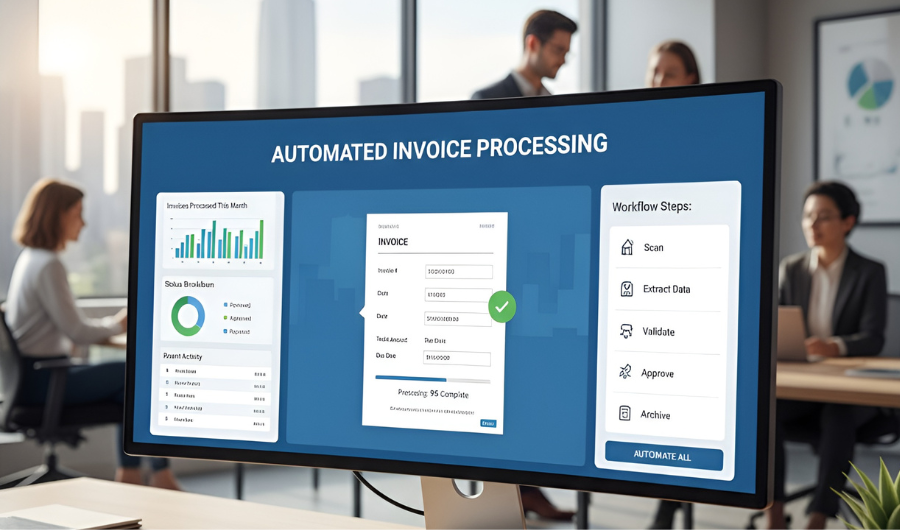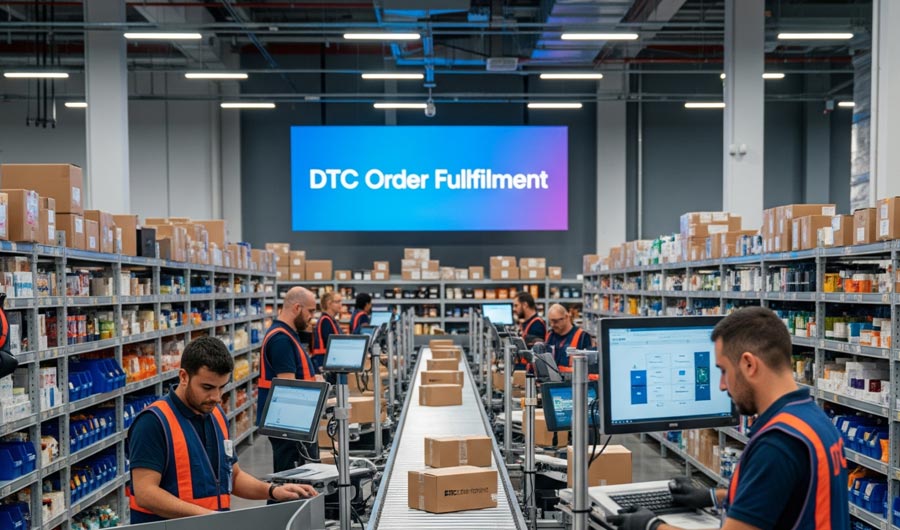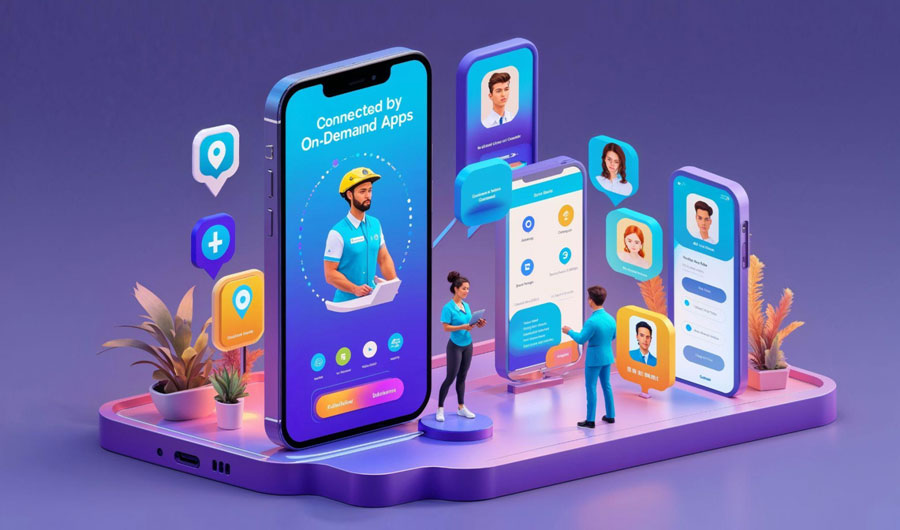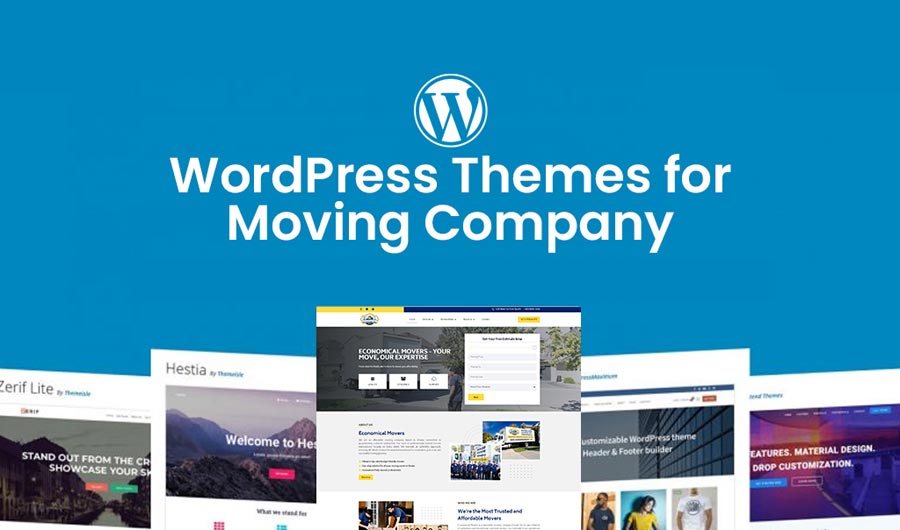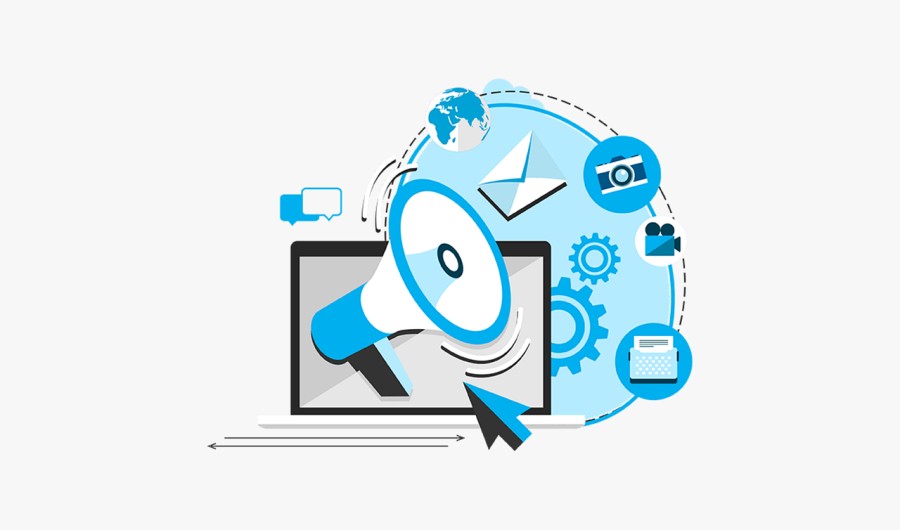
Why Digital Identity Matters For Content Creators
In order to go into digital identity, we first need to examine the nature of identity itself. Since we’ve advanced well into the digital age identity now has a new facet – digital identity. Naturally, if you’re a content creator digital identity is important both for personal branding and financial success. This has resulted in the existence of the creator economy, which grows rapidly, with over 50 million creators globally.
Platforms like YouTube, Instagram, and TikTok are central to this growth, but the competition is fierce. Only 4% of creators earn more than $100,000 annually, while 59% of beginners struggle to make even $100 per year.

Photo by Christin Hume on Unsplash
Digital identity plays a vital role in standing out from the crowd. Consistent and authentic digital branding builds trust with audiences and opens doors to monetization opportunities. But bear in mind, digital identity isn’t just about the soft skills parts, there’s also a technical side to the entire concept.
Read below as we explore the phenomenon of digital identity.
The Importance Of Digital Identity For Content Creators
We already established that a digital identity is a must for any content creator. There are two main facets to what a digital identity is. The first would be your personal digital information and the second would be the persona you present on the internet.
This digital footprint plays a vital role in shaping trust, credibility, and audience engagement, which are key factors for success in the competitive creator economy.
Establishing Credibility And Trust
Did you know that more than half of Gen Z consumers trust content creators more than celebrities or traditional ads? If you ever wondered what a key element of digital identity is – it’s trust!
This easily translated into monetization – over 75% of Gen Z base their buying choices on creator recommendations. A well-established digital identity is essential for maintaining this trust. Basically content creators are able to connect with their audience on a deeper level, which guarantees long-term loyalty and engagement.
Personal Branding And Differentiation
Millions of content creators create a stiff competition for attention, so what do you need to do? The answer is – you need to stand out but that’s easier said than done. A cohesive digital identity helps creators build a personal brand that reflects their unique voice and values.
Personal branding goes beyond just visuals; it includes the tone of content, engagement style, and how creators position themselves within their niche. By fostering a consistent online persona, creators can differentiate themselves from the crowd and attract more collaboration opportunities.
If it’s through social media, blogs, or video platforms, a strong digital identity enhances a creator’s visibility and appeal to brands looking for authentic influencers.
Enhancing Security And Ownership
If you’re a content creator who grew your presence – kudos to you. But with growing success comes growing risks – increasing risks of impersonation, hacking, and fraud. In order to mitigate these threats you’ll need to make sure you have control over your digital identity.
Verifying accounts and implementing secure authentication methods, such as biometric verification, helps content creators safeguard their profiles and intellectual property.
Digital identity management solutions that use technologies like blockchain and Web3 (we’ll mention this more later) can further empower creators by giving them control over their content, protecting it from unauthorized use or distribution
Monetization Opportunities
Let’s face it – most content creators put out their content on the internet in order to reach the ability to monetize their content. Monetization potential lies in your digital identity and being as recognizable as possible. Last year, 45% of creators monetized their content through multiple streams, ranging from affiliate marketing and brand partnerships to selling digital products and memberships.
A recognizable digital presence allows creators to attract brands and opportunities to monetize their work. This basically means that you need to craft your digital identity based on the audience you want to reach and the potential sponsors you want to attract.
Navigating Web3 And Decentralized Platforms
Now comes the time to mention Web3 further. As the creator economy continues to be more of an actual thing, Web3 and decentralized platforms are becoming more prominent. These platforms emphasize ownership and control over content, making digital identity even more important.
Creators who successfully transition into Web3 environments can tokenize their work, ensuring they retain ownership and receive royalties for their creations.
Establishing trust in these new ecosystems requires a robust digital identity that guarantees authenticity and transparency, which is essential for building relationships with audiences and collectors in decentralized spaces.
Building Long-Term Audience Relationships
One of the main traits of creator economy is that it lives and dies on the engagement and long-term relationships with audiences you are able to create. Building a consistent digital identity helps creators connect with their followers on a personal level, fostering loyalty and repeat engagement.
This is particularly important as more consumers expect brands and creators to be transparent and authentic. Regularly interacting with the audience, sharing behind-the-scenes content, and being responsive to feedback are all ways that a strong digital identity can help build a sense of community, which ultimately drives sustainable growth
Enhancing Content Discoverability Through SEO And AI
In 2023, content creators must focus on enhancing discoverability to reach wider audiences. A strong digital identity is essential for boosting visibility, and search engine optimization (SEO) plays a key role in this.
Creators need to optimize their content by using targeted keywords, compelling meta descriptions, and engaging titles to increase the chances of their work appearing in search results.
Artificial intelligence (AI) has become a powerful tool for creators to improve their SEO efforts. AI tools can analyze search performance and provide insights on which pages have lower-than-expected click-through rates (CTR).
By using AI to optimize meta tags and title descriptions, content creators can improve the ranking of their content, making it more discoverable. AI also supports the creation of personalized content that resonates with specific audiences. This allows creators to generate videos, podcasts, or other media that are better tailored to their followers’ preferences, thereby boosting engagement.
Wrapping Up
We hope we’ve provided enough of a look into what encompasses a digital identity you’ll need as a content creator. The story, of course, doesn’t end here.
Should you decide to go into the field of content creation we advise you to go into much further research of both the technical and the soft skills details of what your digital identity should encompass.
And never forget – authenticity sells best.


